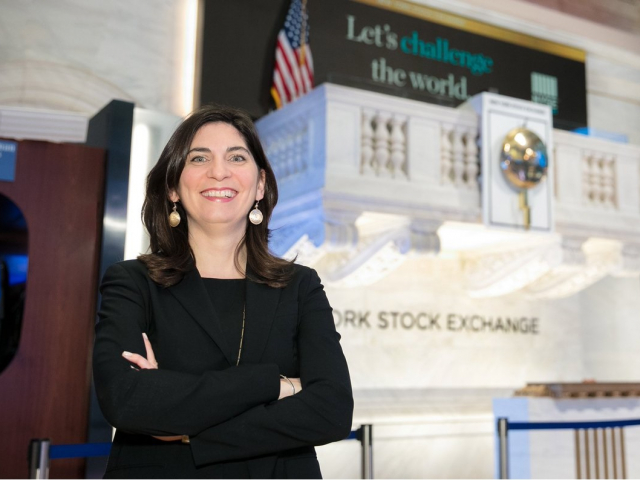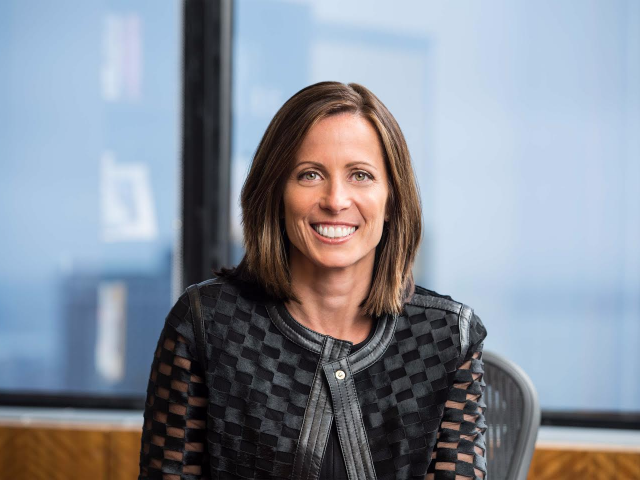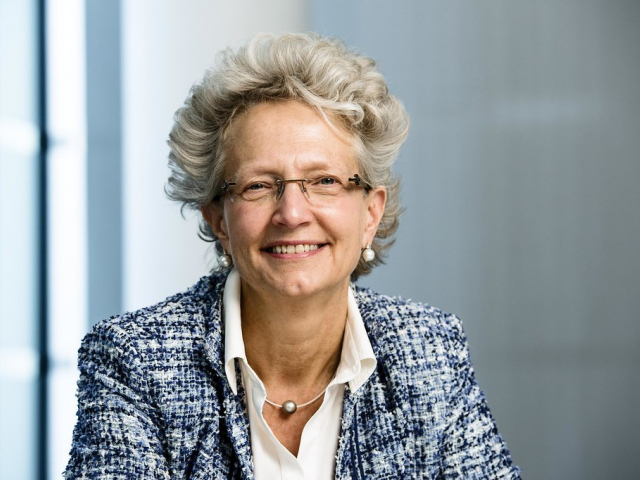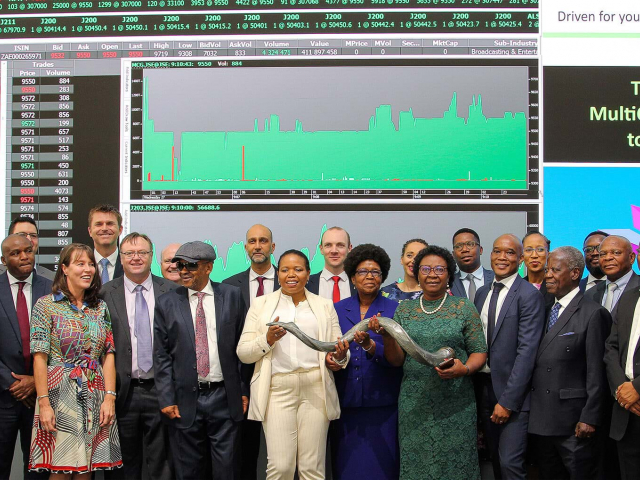
Stacey Cunningham (NYSE)
Stacey Cunningham tops the list of successful female executives. In 2018, she became president of the New York Stock Exchange (NYSE). She was inspired by her father’s career, who was a popular trader. Cunningham did not plan to work on the stock exchange. But after graduating from Lehigh University (majoring in industrial engineering), she took a job as a trader. By then, women were in the minority on the NYSE Board of Directors. After nine years, Cunningham became disillusioned with the exchange, which made little use of innovative technologies and she quit. In 2007, she joined NASDAQ as director of capital markets. In 2012, Cunningham rejoined the NYSE. In 2015, she was appointed as the exchange's chief operating officer. In 2018, Cunningham became the first female president of the NYSE. She was subsequently involved in the development and modernization of the Pillar trading platform. Under Stacey Cunningham’s supervision, the NYSE is now actively deploying artificial intelligence.

Adena Friedman (NASDAQ)
Adena Friedman takes second place on the list of female CEOs of global stock exchanges. After graduating from Vanderbilt University, she joined NASDAQ as a business analyst in 1993. The restart of PORTAL, an electronic trading platform, was Friedman's first successful project. Later, she implemented a number of technological solutions necessary to process the huge number of transactions. In 2000, Friedman was the executive vice-president of corporate strategy. She played a key role in various mergers and acquisitions, including the INET acquisition and the merger of the Philadelphia and Boston Stock Exchange. In 2011, Friedman worked at the Carlyle Group, an investment company. In 2014, she rejoined NASDAQ. In 2017, Friedman became President and Chief Operating Officer of NASDAQ. According to Adena Friedman, major stock exchanges should have at least one woman on the board of directors.

Clara Furse (London Stock Exchange)
Clara Furse takes the honorable third place in this ranking. Between 2001 and 2009, she ran the London Stock Exchange. Before joining the exchange, Furse was CEO of Credit Lyonnais Rouse and had previously worked at UBS. At UBS she became managing director in 1995 and Global Head of Futures in 1996. While working on the London Stock Exchange, Furse had to resist numerous takeover attempts (from Deutsche Börse, OMX, NASDAQ and others). Notably, such mergers could not benefit the financial organization. Later, Furse successfully completed the merger of Italian exchange Borsa Italiana and the London Stock Exchange. As a result, the London Stock Exchange became the London Stock Exchange Group and launched the FTSE 100 index. At the same time, Furse attempted to acquire LIFFE, but she failed. Finally, Euronext was the winner.

Laura Cha (Hong Kong Stock Exchange)
Chinese Laura Cha takes fourth place among successful women executives. She is Chairman of the Hong Kong Stock Exchange Group. Cha also holds a number of senior positions within the exchange and other organizations, such as the World Federation of Exchanges, Unilever PLC, and HSBC Bank Corporation. Previously, Laura Cha was Vice-Chairman of the China Securities Regulatory Commission. The COVID-19 pandemic didn't prevent the Hong Kong Stock Exchange from growing its profit by 1% to $674 million. Owing to Laura Cha’s competence and secondary public offering of mainland China-based companies, the exchange was able to raise profit. The Hong Kong Stock Exchange's profit continued rising despite the rejection of the IPO by Jack Ma, the founder of Ant Group. The IPO was expected to be the largest in the history of the stock exchange.

Leila Fourie (Johannesburg Stock Exchange)
Leila Fourie, the Group CEO of the Johannesburg Stock Exchange, finishes the top 5 successful executives. She obtained this position in 2019. Notably, the exchange has 8 female directors on its 11-member board. Before taking office, Fourie was CEO of the Australian Payments Network. This organization includes many financial institutions such as banks, credit unions, building cooperatives, etc. Currently, Fourie supports the integration of stock markets in Africa. According to the CEO of the exchange, their union will benefit both the markets and investors. Fourie stands for financial inclusion, as well as support of small and medium-sized enterprises (SME). The exchange launched a separate AltX listing for SMEs.
 Deutsch
Deutsch 
 Русский
Русский English
English Bahasa Indonesia
Bahasa Indonesia Bahasa Malay
Bahasa Malay ไทย
ไทย Español
Español Български
Български Français
Français Tiếng Việt
Tiếng Việt 中文
中文 বাংলা
বাংলা हिन्दी
हिन्दी Čeština
Čeština Українська
Українська Română
Română
